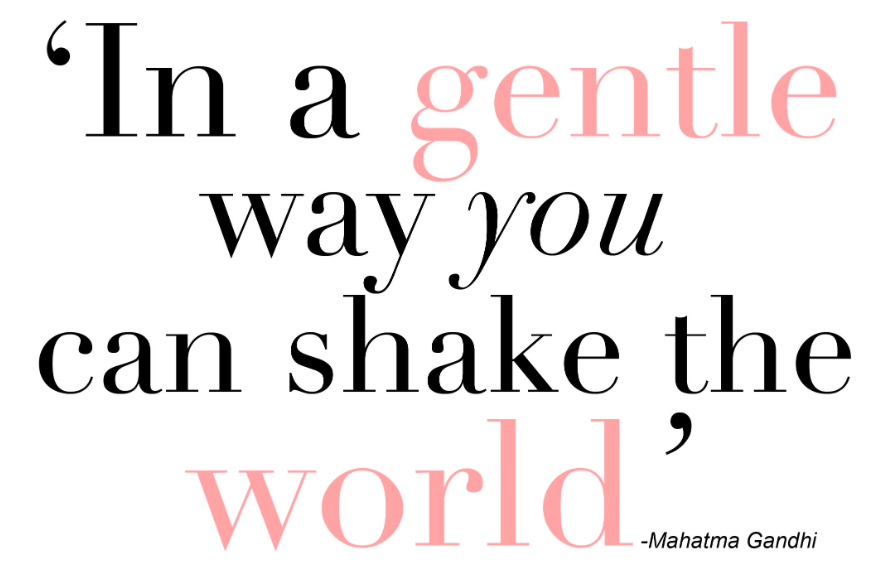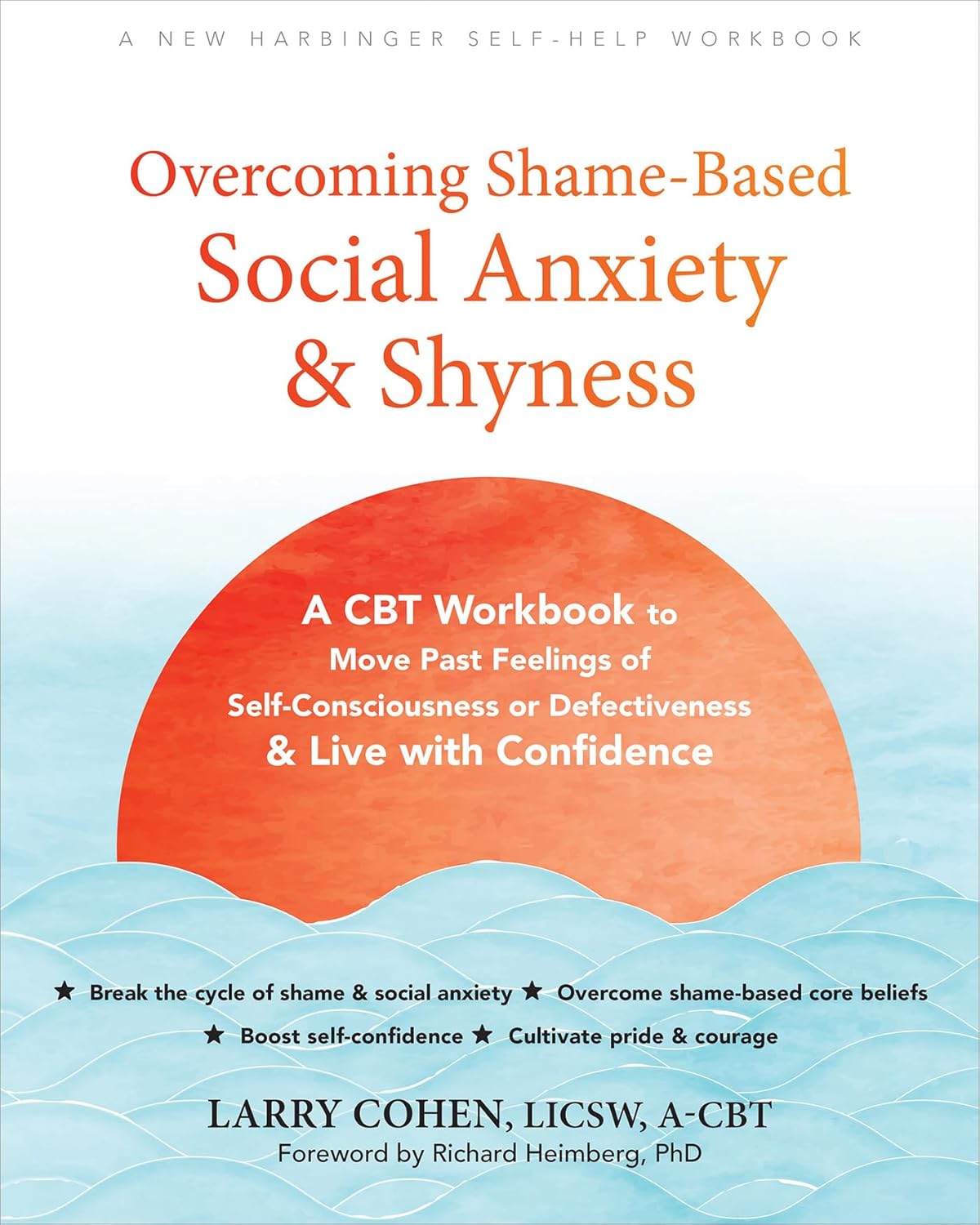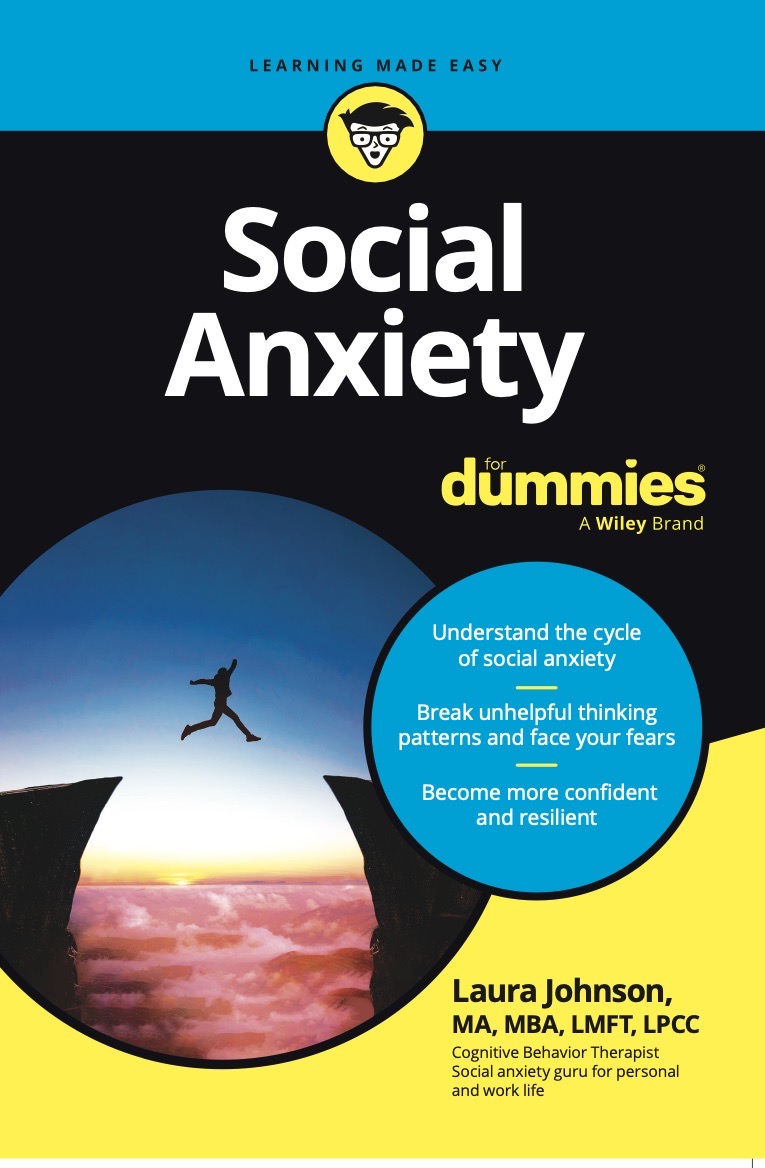Sexual anxiety is a natural extension of social anxiety, affecting not only how we interact in daily life but also how we engage in intimate relationships. Many individuals struggle with fears of rejection, negative judgment, or inadequate performance, which can lead to avoidance, self-criticism, and tension during sexual encounters. The good news is that, like other aspects of social anxiety, sex-related anxiety can be addressed through preparation, self-compassion, and evidence-based strategies. With time and effort, intimacy can become a space of connection rather than worry.
How Social Anxiety Impacts Sexual Intimacy
Social anxiety often fuels perfectionistic thinking and hypervigilance in the bedroom. These thoughts—such as “What if I can’t perform?” or “My partner will think I’m terrible in bed”—can disrupt the natural flow of the sexual response cycle (desire, physical arousal, and orgasm). Fear of rejection is particularly challenging. It stems from harsh self-judgment and a belief that falling short of unrealistic standards will lead to humiliation or abandonment.
Consider Marcus, a 32-year-old teacher, who sought therapy after experiencing erectile difficulties with his partner. Each time this happened, he berated himself, thinking, “I’m not a real man; my partner must be disappointed in me.” This shame spiraled into avoidance of intimacy, straining his relationship.
Fear of Rejection: Shifting the Narrative

Fear of rejection in the bedroom often centers on harsh self-criticism. Marcus learned to ask himself, “What would I say to a close friend in my situation?” He realized he would offer support and reassurance to a friend, not the criticism he directed at himself. Reframing this internal dialogue allowed Marcus to approach sexual experiences with greater kindness and perspective.
For instance, one of Marcus’s recurring thoughts was, “It would be awful not to get an erection.” Through therapy, he identified this as magnification—a cognitive distortion. His therapist guided him to replace it with a balanced response: “Not getting an erection isn’t the end of the world. There are many ways to give and receive pleasure, and if my partner truly cares about me, they’ll value the connection over performance.”
Tools for Managing Sexual Anxiety

Preparation and Communication: Just as preparation helps with public speaking, being open with your partner can reduce performance pressure in the bedroom. Marcus initially feared admitting his anxiety, but when he shared his struggles, his partner responded with empathy and reassurance. This openness helped dispel some of his fears of judgment and created a stronger emotional connection.
Mindfulness and Presence: Anxiety pulls attention away from the present, fueling hypervigilance and overthinking. Mindfulness techniques, such as focusing on physical sensations (touch, breath) or maintaining eye contact, can ground you in the moment. This helps shift focus from evaluation to connection, allowing intimacy to feel more natural.
Evaluating and Reframing Upsetting Thoughts: A cornerstone of cognitive-behavioral therapy (CBT), this approach involves identifying unhelpful automatic thoughts, recognizing distortions, and substituting balanced, constructive responses.
For example:
Automatic Thought: “My partner will think I’m bad in bed.”
—Distortion: Mind Reading.
—Balanced Response: “I don’t know what my partner is thinking; they might have insecurities of their own. Talking openly could help us both feel closer and more secure.”
Automatic Thought: “If I lose my train of thought during intimacy, it will ruin everything.”
—Distortion: Catastrophizing.
—Balanced Response: “Pausing isn’t failure—it can actually enhance the moment. Taking a breath and regaining my focus can help us both connect better.”
Building Confidence Through Practice: Low-pressure exposure exercises, such as focusing on connection rather than performance, can build comfort over time. Marcus practiced giving and receiving pleasure in nonsexual ways, like massages, to reduce performance anxiety and foster emotional intimacy. This exposure helped him feel more at ease during more sexual interactions.
Seeking Support

If sexual anxiety feels overwhelming, therapy can provide a safe space to address fears and practice tools for overcoming them. CBT, in particular, is an evidence-based approach that combines cognitive restructuring and gradual exposure to reduce anxiety and build confidence. To get referrals to a CBT provider with expertise in sexual social anxiety, check this page.
Sexual intimacy, like any skill, improves with practice, patience, and self-compassion. By evaluating negative thoughts, communicating openly, and grounding yourself in the moment, you can transform anxiety into connection and fear into fulfillment.
To learn more about reframing upsetting thoughts (aka cognitive restructuring), read this NSAC blog article.
To learn more about male sexual performance anxiety, read this NSAC article.











